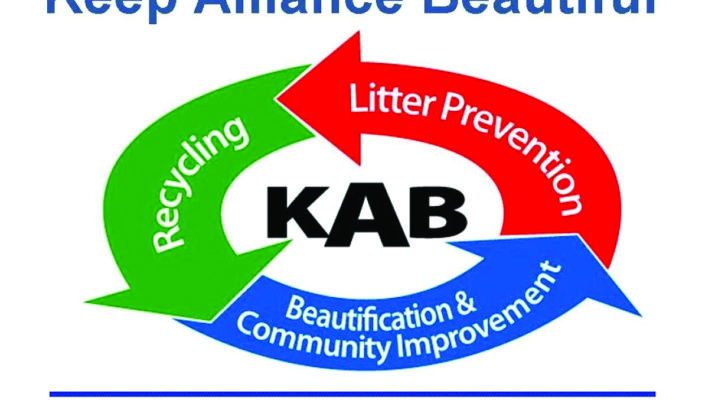Doug, and whoever is riding shotgun that day, retrieve a trailer full of cardboard once a week (unless something comes up) from behind Family Dollar Dollar Tree. I remember when a tall black stack smoked on occasion from that side of the strip mall as Alco burned cardboard and whatever else. Various grocery stores on the east end used what looked like an identical incinerator. Both sites bear scars since the owner(s) removed both polluting devices.
While I have no data as to the amount of greenhouse gases and particulates the duo released over their lifetime, I know Alliance no longer allows incinerators within city limits according to City code: Sec. 28-487. Outside incinerators prohibited. It shall be unlawful to erect, maintain, use or set fire in any outside incinerator. Code 1986, . . . 4-919)
Being environmentally friendly can be a gesture of good will, yet legislation at some level is more likely to set the minimum shade of green. Financial considerations can also move actions to deeper shade. Then there are situations where a lack of oversight and free enterprise make the battle for a clean community a bit trickier.
Keep Nebraska Beautiful affiliates enjoyed a few sessions to compare notes during the organization’s June conference at Omaha. I was prepared to share a few ideas and accomplishments we consider winners at Keep Alliance Beautiful. Rather, as is my tendency if not called upon, I sat back, listened and took notes.
Mona Anderson, executive director of Keep North Platte Beautiful (KNPB), brought up an evolving issue with incinerators, explaining that their city ordinances aren’t on board. Mona reported that a company has sold a lot of the devices – even the Nebraska State Patrol bought one to burn prescription take backs though the troop offices are outside city limits.
“Look at your city ordinances and see what’s there now,” Mona cautioned. At the state level, the Nebraska Department of Environment and Energy (NDEE) regulates incinerators for certain particulate levels, she noted, “but nobody to measure it – North Platte is relying on manufacturer specifications.” KNPB Financial Director Samantha Wheeler keyed in on how mobile the particular model can be. “They’re small enough to load in your pickup.”
Sarah Mason, coordinator at Lincoln-Lancaster County Health Department (the KNB affiliate), shared that one of the grants they did not receive was for precise air quality tracking. So concerns over personal-size incinerators or maybe whether you live next to a neighbor who fires up the burn pit every summer night, by the passing locomotives in the rail yards or somebody miles out in the country anyone can buy a detector. Sarah suggested PurpleAir, which she said for $200-$300 you “get pretty good data” measured in parts per million.
Mona estimated 15 of the incinerator systems have been sold, a lot of them went into the county and “at least five in the city (North Platte).” She is unsure what they feature as far as scrubbers or filters. Anyone with a monitor will be able to compare how fresh the air stays. Travel east down Interstate 80 and Kearney’s ordinance is good, Mona said.
Box Butte County and other Northwest Nebraska residents who have questions about how environmental concerns and local laws intersect should contact their village, city or county administrators and elected officials.

